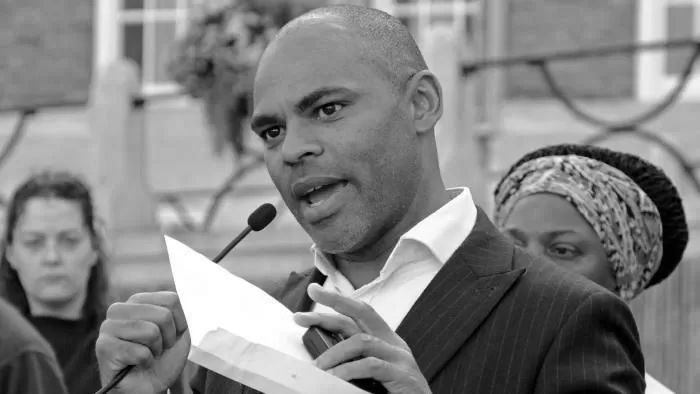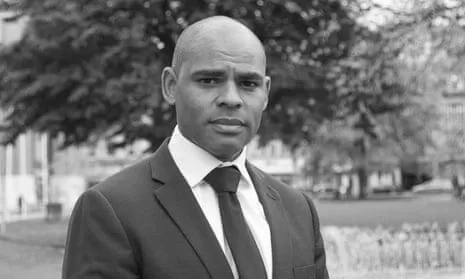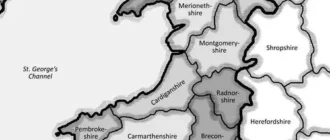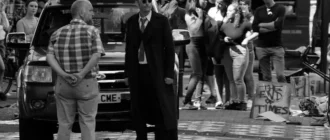City of hope
If you’ve been following the politics in Bristol for any length of time, you’ve heard about the controversial Colston statue, which was recently taken down from its plinth and dumped into Bristol harbor. It’s no secret that the figure is controversial, but it’s essential to know that its removal was not the result of racial hatred. Marvin Rees’ agenda outlines a plan to make history. In his address to the city, he argues that the only way to fight institutional racism is to have good leadership. That means allowing dialogue to happen.
He’s a passionate, ambitious, hard-working man who loves moving things forward. When asked about the city’s future, Rees whips out a thick, glossy document with ideas for the town. This document covers a range of issues, from the economy to the environment. It also contains quotes from inspirational people.
Marvin Rees has been a leader in the development of the city. The city’s residents have benefited from his commitment to social justice and inclusion. His leadership has led to the building of almost nine thousand homes and a new mass transit system. He has also worked to provide quality work experiences for over three thousand children and has led the city’s response to the climate crisis. He’s also worked to keep all children’s centers open and has been a leading figure in city-wide campaigns against child hunger and period poverty.
Marvin Rees is a Labor Party member and Bristol’s Mayor. He was elected in 2016 after running for Mayor on a progressive platform based on social justice, environmental policies, and affordable housing. His election made him the first black Mayor of African descent in the United Kingdom.
Climate emergency response
The Bristol Climate and Ecological Emergency Community Grant Fund uses Bristol City Council’s Climate Reserve funding to support community action. It supports local initiatives to reduce carbon emissions, reduce the use of new products and improve land for wildlife. The fund is available to non-profit organizations and community groups in Bristol. It is not available to newly formed organizations or those who have been around for less than six months.
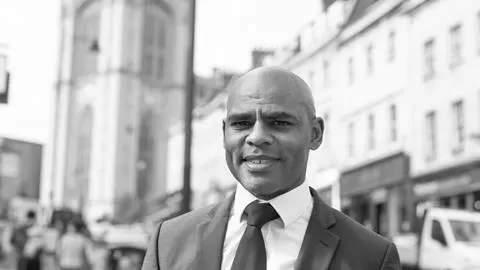
The Bristol City Council has a vision for its future and is committed to addressing climate change. The Climate Action Plan outlines how the city plans to achieve this. It also details a new target to make Bristol carbon neutral by 2030. The Mayor also intends to introduce a new strategy to ensure everyone in the city has a part to play in tackling the climate emergency.
The Bristol city council and University have declared a climate emergency after a petition and letter from 500 students. The city council supports every school in developing a Climate Emergency Action Plan. Bristol is one of the first cities in the U.K. to make this declaration. The city’s decision reflects the growing awareness of climate-related risks.
The Climate Emergency Response for Bristol is an ambitious plan led by Mayor Marvin Rees. He has called for cities to receive billions of dollars to tackle the crisis. Bristol’s city government has committed to implementing the action plan by 2030. The city is also committed to developing a One City Climate Strategy with its city partners.
Bristol’s climate emergency declaration has prompted other local councils across the U.K. to follow suit. As a result, more than half of local authorities have declared a climate emergency in their areas.
Mixed-use arena
The Bristol Arena is a long-awaited project. The city has held an extraordinary full council meeting and scrutiny committee meeting and received a record number of public statements. The Labour cabinet has also met to discuss the project. There is a strong chance that the council will reject the proposed venue.
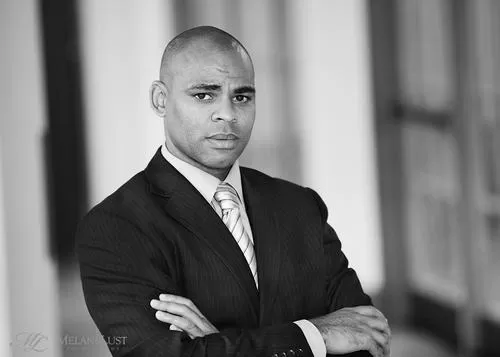
In March, the lead cabinet member voted in favor of the project but has now spoken out against it. The dissenting voice could be the new Bristol mayor, who publicly opposed the project. Handy is a former YTL employee who has put in Freedom of Information requests to the council, asking for information on meetings the YTL executives have had with Marvin Reed. The commission has said it wants to investigate whether the project is a good value for money.
Economic recovery
Martin Rees was elected Mayor of Bristol in 2016. He has led the city on a transformational journey, bringing new energy to a town plagued by racism and inequality. The first black Mayor in the United Kingdom, he has also championed social justice and environmentally sound policies. In this interview, he explains the importance of inclusive leadership and how he will bring change to the city.
He has successfully brought a range of initiatives to Bristol, from efforts to combat homelessness to a period-friendly initiative that seeks to restore the dignity of women in the city. These initiatives have helped to shape the city’s new Economic Recovery Strategy. The Mayor’s office has been collaborating with other local organizations to tackle many issues affecting businesses. His Better Business initiative aims to support businesses in thriving and creating a positive impact on the city.
The city has made a significant commitment to sustainable development. It is building a One City Economic Recovery and Renewal strategy around the Sustainable Development Goals, which include addressing climate change and poverty. As the city works towards the 2030 target, officials have also focused on social justice, one of the most pressing issues of our century.
Legal & General has also committed to the leveling-up agenda. The company has invested PS310m into the city’s commercial real estate and housing schemes. These developments will help the city’s city center stay competitive while adding affordable housing and jobs.
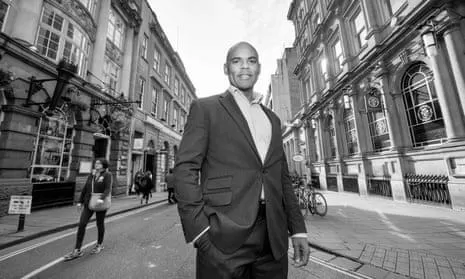
Segregation
The education secretary has been accused of criticizing specialist and special schools and has also backed segregation. He has defended his comments, saying that “special schools are the last resort for children with additional needs.” However, two parents have described the education secretary’s comments as offensive.
The controversy over the statue has divided opinion in Bristol, which is politically liberal and multicultural. The YouGov poll to gauge public opinion showed that about half of the population wanted the statue removed. However, most of those polled were against the method of removal. Some residents of Bristol criticized the removal as political opportunism.
The Mayor has also established a commission to look at Bristol’s history and how it portrays its history. The Runnymede Trust, a think tank in the U.K., found that Black people in Bristol experienced the third-highest educational inequality in all of England. Despite these results, the Mayor believes that society should pay more attention to educational inequality and seek ways to eliminate it.
While the RDI maps show an increasing trend in diversity, the numbers of multi-ethnic neighborhoods have remained stable in the city. This is partly due to migration from urban to rural areas. This has contributed to the reduction of residential segregation.
Rees’ work has been recognized internationally. He has received the Albert Einstein Award from the World Cultural Council and is a Fellow of the Royal Society. In 2005, he was elevated to the House of Lords as Baron Rees of Ludlow. In addition to this, he is also President of the Royal Society, the world’s oldest scientific association.
